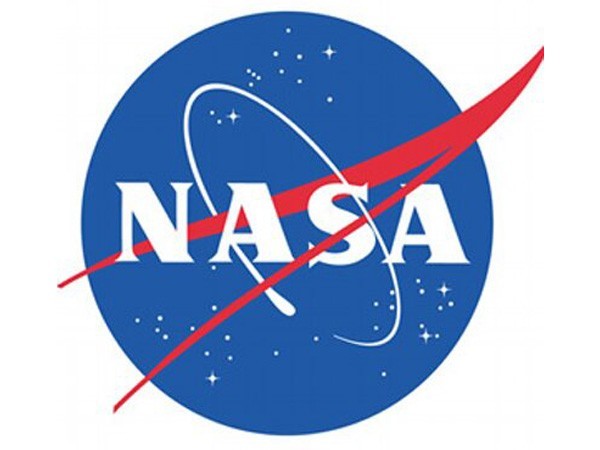Science News Roundup: NASA says SpaceX wins $2.9 billion contract for moon lander; Scientists find only 3% of land areas unblemished by humans and more
The finding -- published Thursday in the journal Frontiers in Forests and Global Change -- is far lower than previous estimates based on satellite images, which suggested around 20% to 40% of land ecosystems were undamaged. Exclusive: New zinc-fortified wheat set for global expansion to combat malnutrition Scientists at a leading global grains research institute expect to sharply ramp up new wheat varieties enriched with zinc that can boost the essential mineral for millions of poor people with deficient diets, the institute's head told Reuters.

Following is a summary of current science news briefs.
NASA says SpaceX wins $2.9 billion contract for moon lander, with 2024 goal
NASA said on Friday it has awarded billionaire entrepreneur Elon Musk's private space company SpaceX a $2.9 billion contract to build a spacecraft to bring astronauts to the moon as early as 2024, picking it over Jeff Bezos' Blue Origin and defense contractor Dynetics Inc. The bid by Tesla Inc chief Musk beat one from Amazon.com Inc's founder Jeff Bezos, who had partnered with Lockheed Martin Corp, Northrop Grumman Corp and Draper. Bezos also owns the Washington Post.
Scientists find only 3% of land areas unblemished by humans
Very little of today’s world resembles Planet Earth from 500 years ago. In fact, only about 3% of land surfaces might be ecologically intact -- still home to their full range of native species and unblemished by human activity, according to new research. The finding -- published Thursday in the journal Frontiers in Forests and Global Change -- is far lower than previous estimates based on satellite images, which suggested around 20% to 40% of land ecosystems were undamaged.
Exclusive: New zinc-fortified wheat set for global expansion to combat malnutrition
Scientists at a leading global grains research institute expect to sharply ramp up new wheat varieties enriched with zinc that can boost the essential mineral for millions of poor people with deficient diets, the institute's head told Reuters. Martin Kropff, director general of the International Maize and Wheat Improvement Center (CIMMYT), said he expects the newly-developed high-zinc wheat to make up at least 80% of varieties distributed worldwide over the next ten years, up from about 9% currently.
'Like Godzilla, but actually real': study shows T. rex numbered 2.5 billion
If one Tyrannosaurus rex - the school bus-sized meat-eating dinosaur that stalked the Cretaceous Period landscape - seems impressive, how about 2.5 billion of them? Researchers on Thursday unveiled the first calculation of the total T. rex population during the estimated 2.4 million years that this fearsome species inhabited western North America during the twilight of the age of dinosaurs.
(With inputs from agencies.)










